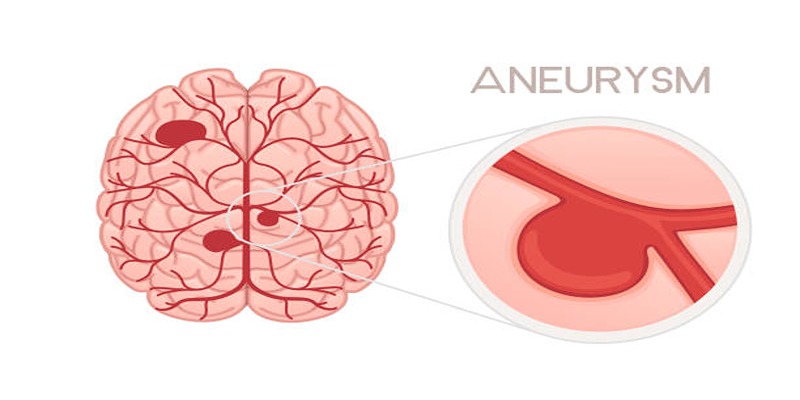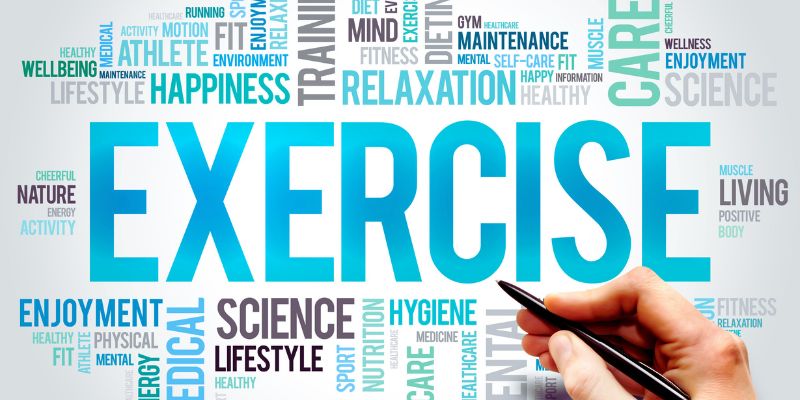Exercising is often considered the best way to improve cardiac and mental health and strengthen bones and muscles. However, having too much of a good thing can turn it into a bad thing. Suppose you're exercising daily and pushing your body to the limit in workout sessions, not giving it enough time to recover. In that case, this is your sign to become alert.
It can quickly convert into an exercise addiction without you noticing it. Exercise addiction is very difficult to control; once you drift in, you cannot be drawn out. However, identifying unhealthy exercise habits early on can prevent you from falling into the pit. We have discussed six signs you should look for to identify unhealthy exercise habits in your routine. So, keep reading!

Six Key Indicators Of Unhealthy Exercise Habits
Here are eight key signs that you might be struggling with obsessive and unhealthy exercising habits:
Working Out During An Injury Or Sickness
When you're sick or injured, your body is weakened, and exercising is the last thing you can think about. Working out during injury slows down your healing process or sometimes worsens it. But exercise addicts won’t just stop there. They develop unhealthy exercise habits and work out through sickness or injury, as it is hard for them to take a break and heal, despite knowing that working out may worsen their injury or make them sicker. Their unhealthy exercise habit overrides advice and logic, ultimately affecting their health.

You Are Unwilling To Take Rest Days
If you are training excessively, your muscles need recovery to rebuild themselves. However, suppose you are not taking any rest days to provide your muscles some recovery time while excessively working out. In that case, this is a sign that you might not have a healthy relationship with exercise. It's not the specific amount of exercise that is problematic, but what comes with over-exercising, including certain health issues. Some sports require excessive training but with a proper plan and a recovery period to balance them out. Too much of any good thing is still a bad thing.
Withdrawal Symptoms From Missing Out On A Workout
Over-exercising is a behavioral issue; some exercise addicts still experience withdrawal symptoms when they miss out on a workout session or when they have to skip a session. It turns out to be a source of shame and guilt for them. The withdrawal symptoms mostly occur because the brain starts to rely heavily on the hormones called endorphins and dopamine, released by the brain during a workout. When symptoms become unbearable, they will find themselves in the gym even if their body is signaling them to rest and recover. Common withdrawal symptoms include anxiety, guilt, depression, tension, loss of appetite, sleeping problems, and restlessness, among many others.
Exercise Is Always On Your Mind
Exercise is always on the minds of exercise addicts, even when you are not physically active. For example, you plan every workout session way before and anxiously pay attention to the small details, like planning the location and time, the exercise you are going to do, the number of weights you will be using, what clothes you will wear, what music you will listen to, etc. Of course, planning exercise sessions is not a bad thing or considered an addiction, but overly obsessing over the workout session or becoming too preoccupied is not a healthy sign. This preoccupation can affect your relationships with friends and family and your work or school performance.
Your Daily Schedule Revolves Around Exercise
Suppose you adjust your schedule to accommodate your workout session or cancel the plans. In that case, this is a sign that you might be an exercise addict. You should consider it an unhealthy exercise habit. An exercise addict neglects other tasks or duties to complete that workout session. Their everyday activities revolve around planning or preparing for exercise. People obsessed with working out avoid social engagements, activities, dinners, or time with friends and family because it disturbs their workout hours. The workout session is more important than going to a loved one's birthday party for exercise addicts, which can cause conflict in that relationship.
You Work Out To Make Up For Your Meals
Sometimes, people over-exercise as a punishment and burn those calories from ice cream, chocolate, or any other junk food. They try to make up for junk meals to satisfy themselves internally and believe that it won't affect their body. It brings us to a notable point: people with negative body image tend to obsess over workouts. It is because they have a certain type of version of themselves that they want to achieve, and they will do anything to achieve it. A negative body image can lead to severe issues such as eating disorders and over-exercising.
How Do You Maintain A Healthy Relationship With Exercise?
Keep a workout journal and record the day you worked out, how much time you worked out, how you feel after working out, and your rest days. It will help you keep track of your feelings and distinguish between healthy and unhealthy exercise habits. If you see any signs we discussed earlier, it's time to change. You can shift work days to rest days or vice versa. If you are anxious on the rest days because you are not working out, you can go for a swim, yoga, or a walk. Engaging in such activities will keep your mind and body at rest.
Sometimes, it is difficult to identify unhealthy exercise habits on your own or to find a balance between working out and other social activities. You should seek professional help from a doctor who specializes in sports psychology or exercise addiction. They help you identify unhealthy exercise habits and balance your social and fitness life.
Conclusion:
Exercising is nothing to be worried about; it helps maintain overall health. However, over-exercising and not resting may develop unhealthy exercise habits without you realizing it. Some important indicators that you should look for are whether you find yourself exercising through sickness or injury, unwilling to rest to recover your body, experience withdrawal symptoms, exercise is the only thing you think about, adjust your schedule just to fit in workout hours, or you work out to achieve a certain body type. It is important to look for signs that indicate unhealthy workout habits before they become too dangerous.












